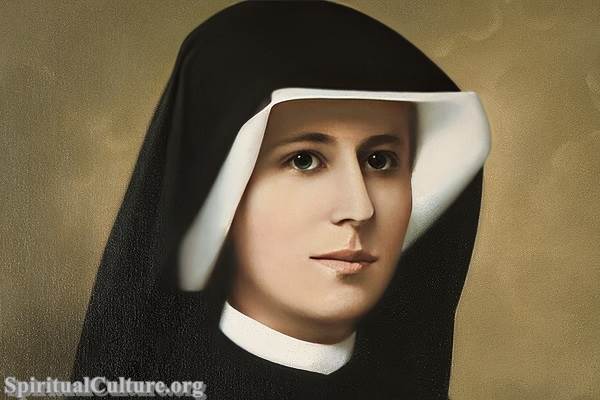Saint Vincent de Paul’s life and works have left an indelible mark on the Catholic Church and continue to inspire millions across the globe.
Born in 1581 in the small village of Pouy in France, Saint Vincent de Paul’s journey from being a peasant boy to becoming one of the most revered saints in Catholicism is a story of faith and devotion. Early in his life, he was sent to a Franciscan monastery where he developed a deep understanding of the Catholic faith. Later, he was ordained a priest in 1600, marking the beginning of a lifelong commitment to serving the poor and needy.
Saint Vincent de Paul’s life took a dramatic turn in 1605 when he was captured by Barbary pirates and sold into slavery. However, instead of succumbing to despair, he used this as an opportunity to spread the teachings of Catholicism amongst his fellow slaves. After two years, he managed to escape and returned to France, where he dedicated the rest of his life to the service of the less fortunate.
One of the most notable achievements of St. Vincent de Paul was the establishment of the “Ladies of Charity,” an organization consisting of wealthy women who were dedicated to serving the poor. This marked a significant shift in the Catholic Church’s approach to charity, making it a collective responsibility rather than an individual one.
St. Vincent de Paul also founded the “Congregation of the Mission,” a society of priests and brothers committed to evangelization and the education of the clergy. This organization, also known as the Vincentians, played a crucial role in reforming the Catholic Church by ensuring that the clergy were adequately trained and devoted to their roles.
Furthermore, St. Vincent de Paul’s work extended beyond the borders of France. He was deeply concerned about the plight of slaves and advocated for their rights. His tireless efforts in this regard led to the Catholic Church taking a more proactive stance against slavery and human trafficking.
St. Vincent de Paul’s devotion to the Catholic faith and his commitment to serving the poor and marginalized have made him a revered figure in Catholicism. His teachings have had a profound influence on the Catholic Church’s approach to charity, social justice, and clergy education.
In recognition of his exceptional contributions, St. Vincent de Paul was canonized by Pope Clement XII in 1737. Today, his feast day is celebrated on September 27th, offering Catholics worldwide an opportunity to reflect on his life and teachings.
The legacy of St. Vincent de Paul continues to inspire Catholics across the globe. Numerous Catholic charities and organizations bear his name, carrying forward his mission of serving the poor and marginalized. His life serves as a testament to the power of faith and the transformative impact of selfless service.
In conclusion, Saint Vincent de Paul holds a special place in the heart of Catholicism. His life and works are a shining example of the Catholic Church’s commitment to charity, social justice, and the betterment of humanity. As we remember St. Vincent de Paul, let us strive to emulate his spirit of compassion and dedication to serving those in need.





